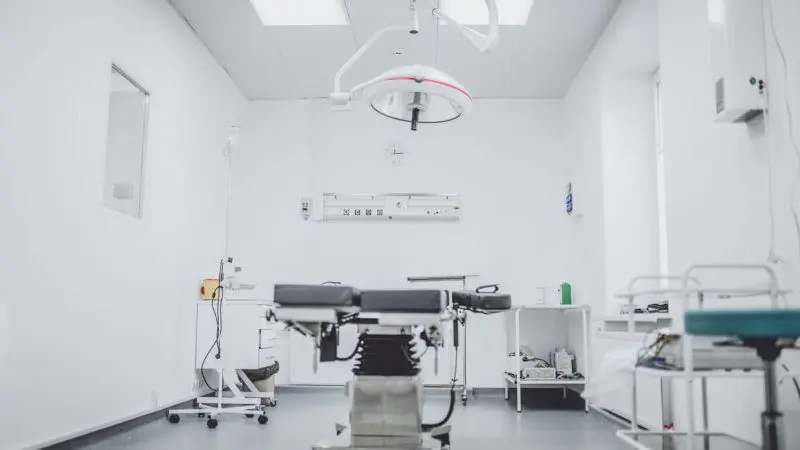Sophia Antipolis, 16 April 2021: The methods for evaluating high-risk medical devices are set to be reviewed in the EU-funded CORE-MD project,1 which holds its kick-off meeting today.
The project launch comes as new EU medical device regulations come into force on 26 May 2021, increasing the requirements for clinical evidence on high-risk medical devices.2 However, there are no specific EU recommendations on the design and conduct of trials for high-risk devices. In addition, medical device developers have expressed concerns that the new rules may inhibit innovation and delay market access.
More than 50% of high-risk implantable medical devices in Europe are used in cardiology and orthopaedics – such as heart valves and hip replacements – and CORE-MD will focus primarily on these areas. The three-year project begins with a systematic review of methodologies used in clinical trials to evaluate high-risk medical devices, including statistical methods and the utility of patient-reported outcomes for regulatory decisions.
CORE-MD will propose how to generate evidence using innovative methodologies like randomised registry trials and how to assess artificial intelligence algorithms that are designated as medical devices. The project will also examine how to evaluate medical devices used in children. Advice will be provided on ways to extract maximum value from real-world evidence including medical device registries and clinical practice.
Recommendations from the CORE–MD consortium will be submitted to the Working Group on Clinical Investigation and Evaluation of the European Commission, so that they can be considered as the basis for developing EU guidance documents or common specifications.
CORE-MD Scientific Coordinator Professor Alan Fraser of the ESC said: “High-risk medical devices should be approved based on scientific and clinical evidence. Experts need to advise how regulators can achieve an appropriate balance between innovation, safety, efficacy and cost-effectiveness. We look forward to doing that through our unique collaboration of medical associations, EU regulators, national public health institutes, notified bodies, academic institutions, patient groups, and health technology assessment agencies, with participation of manufacturers’ trade associations.”
Professor Rob Nelissen of EFORT said: “Ultimately, the overall impact of CORE-MD will be to improve the benefit/risk ratio of new implantable medical devices and other high-risk devices for patients. We aim to see wider adoption of optimal methodologies for clinical investigations by both researchers and manufacturers, fewer approvals with limited evidence, and greater transparency of standards.”
Funding:
This project has received funding from the European Union’s Horizon 2020 Research and Innovation Programme under grant agreement No 965246
About the European Society of Cardiology
The European Society of Cardiology brings together health care professionals from more than 150 countries, working to advance cardiovascular medicine and help people lead longer, healthier lives.
About the European Federation of National Associations of Orthopaedics and Traumatology (EFORT)
The European Federation of National Associations of Orthopaedics and Traumatology (EFORT) works together with its membership network and partners to restore and secure mobility, musculoskeletal health and quality of life.






